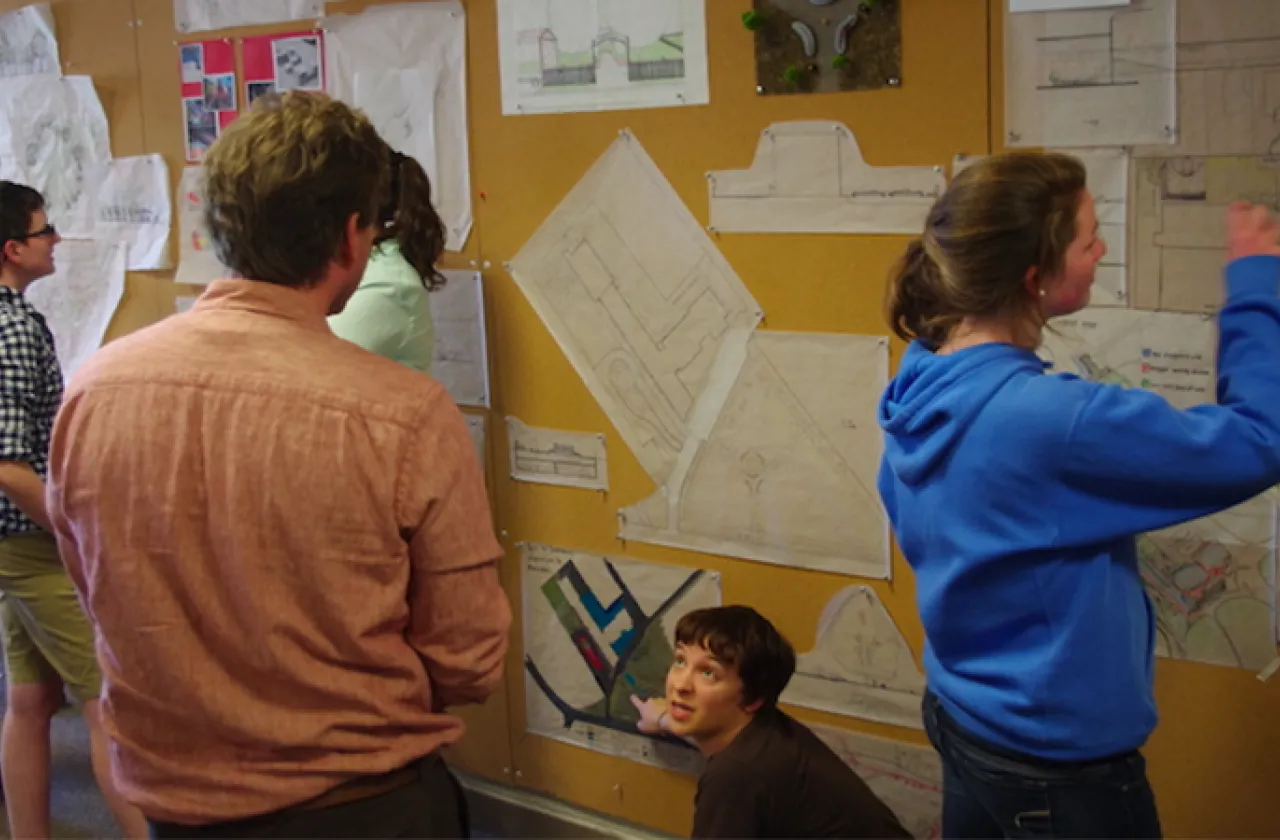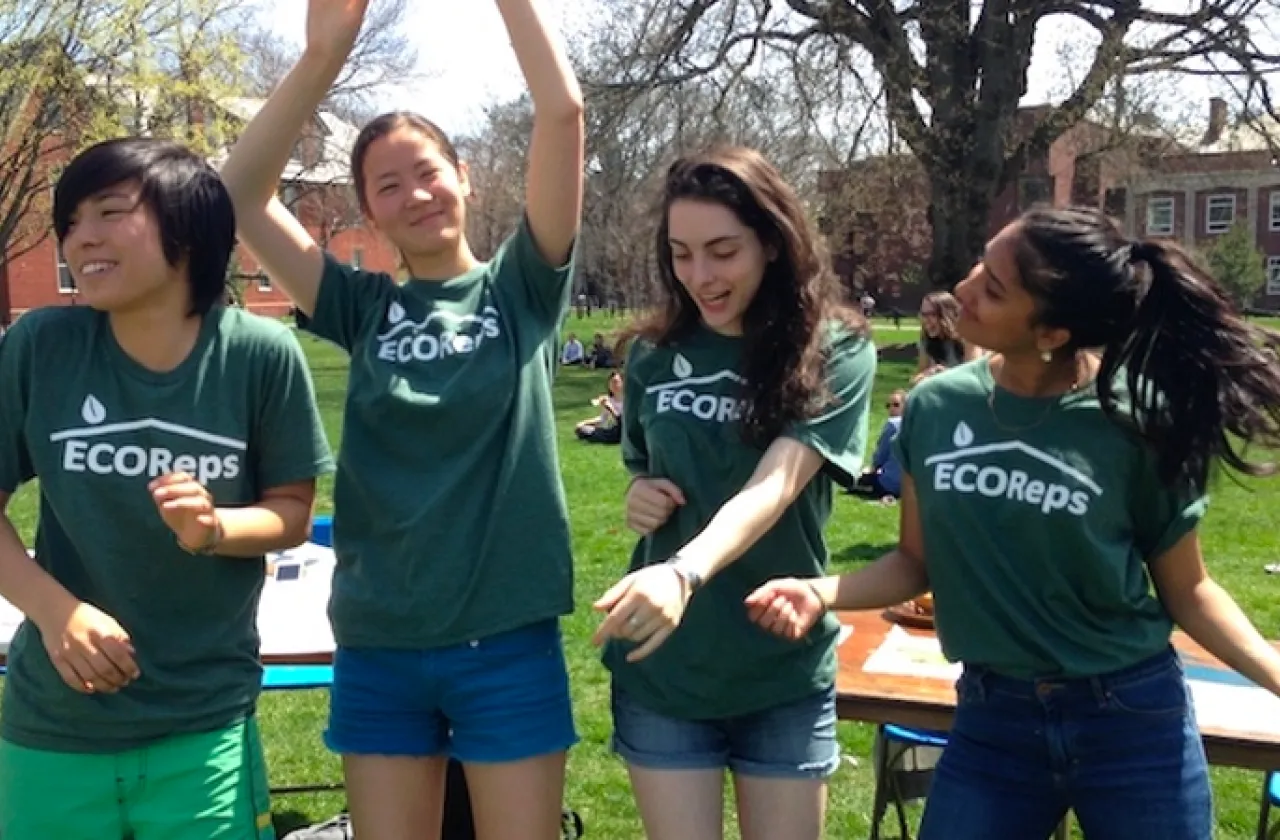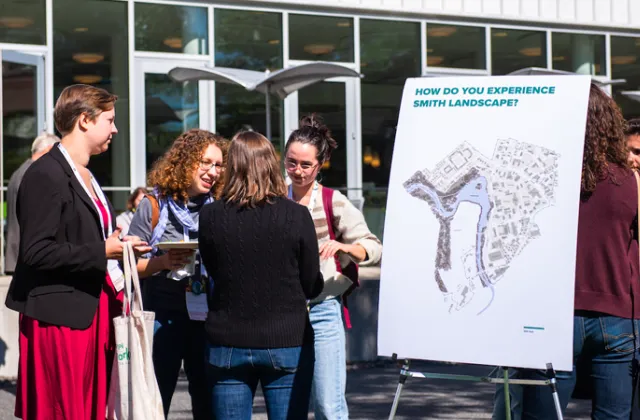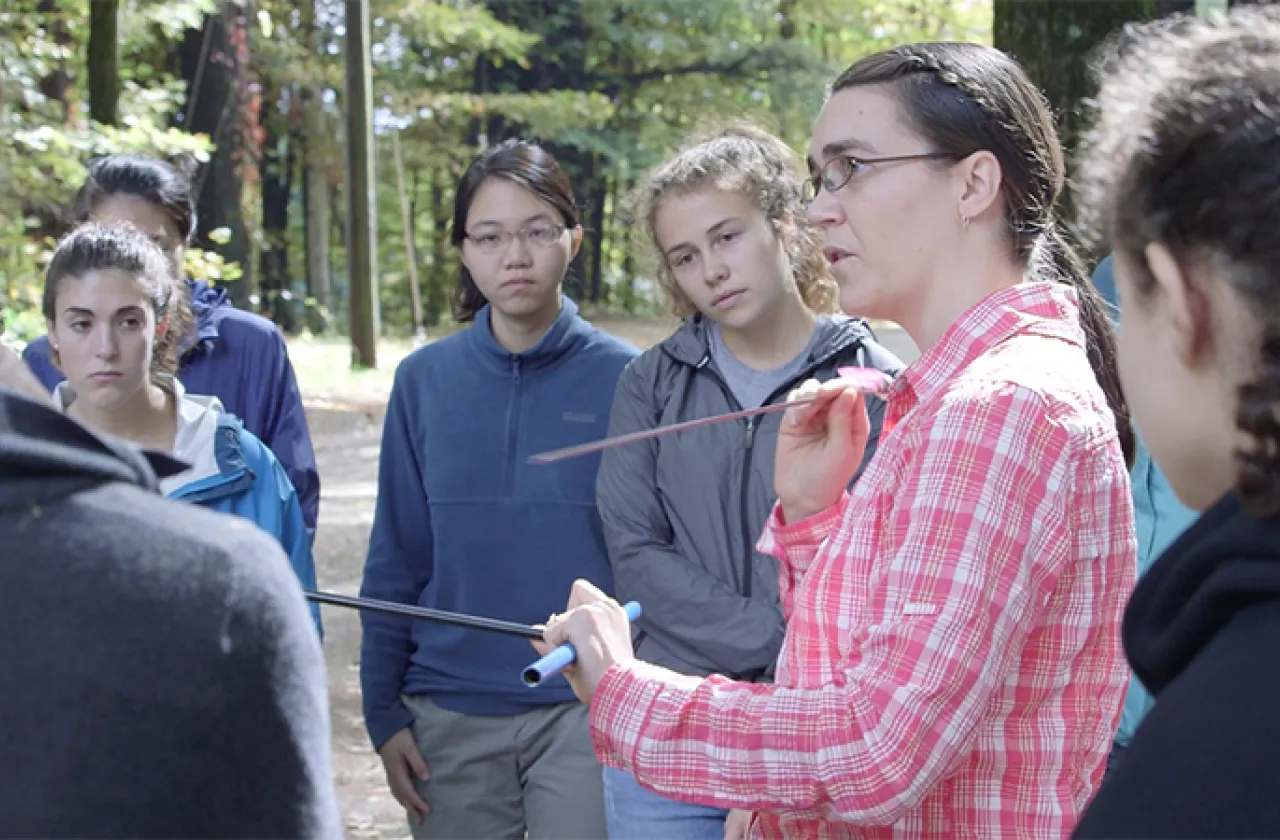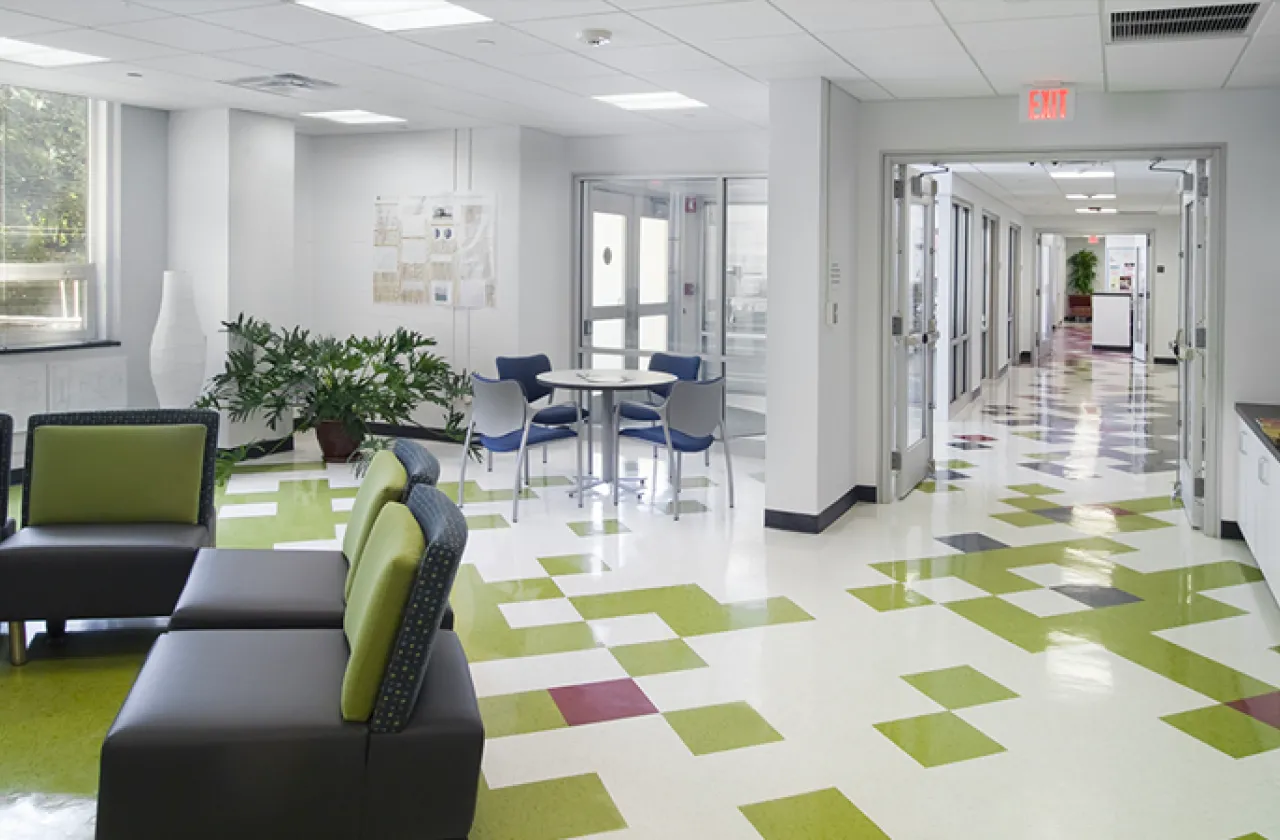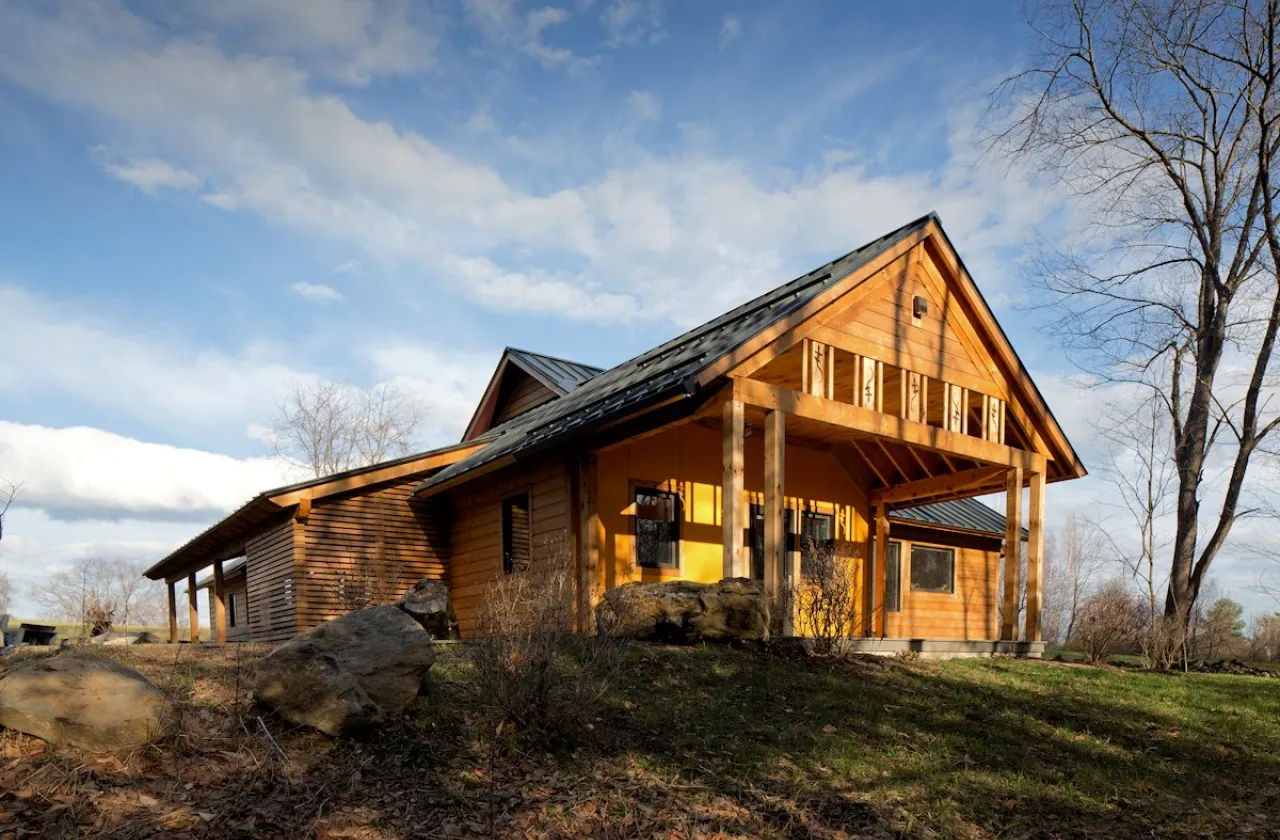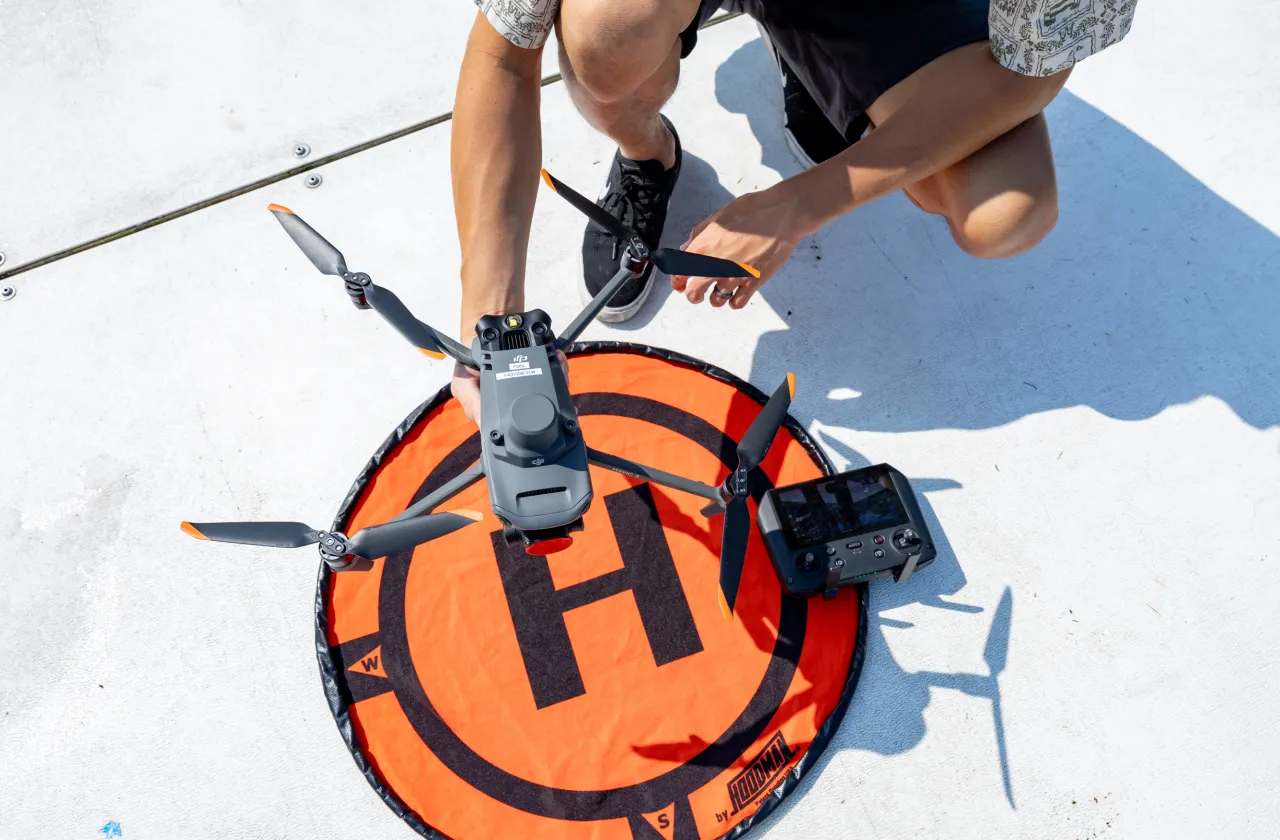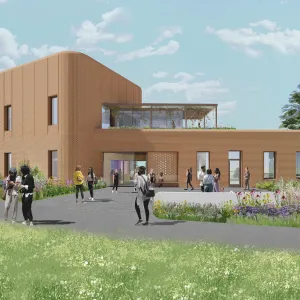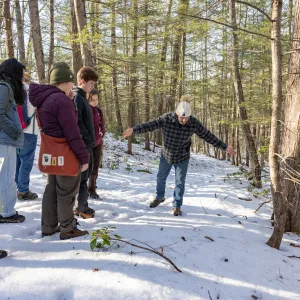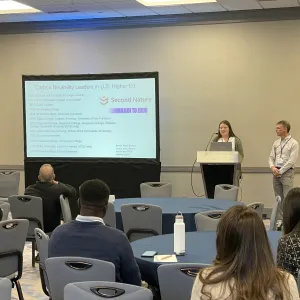Sustainable Smith
In 1886, Florence Merriam Bailey, a student concerned about the plight of birds, started the Smith College Audubon Society and began weaving the fabric of sustainability at Smith that can now be found across all aspects of the college—in academics, operations, research and student life. Smith prepares women through active learning and societal engagement to foster and lead sustainable, just communities and to make significant and lasting contributions to address the critical issues of the times. Like Florence, students are frequently at the heart of sustainability issues on campus. You’ll find their stories throughout these pages.
Explore Sustainability at Smith
It’s Easy Being Green
Carbon Neutral by 2030
Being carbon neutral means digging deep.
In 2022, Smith began constructing a campuswide geothermal energy system, designed to reduce emissions by 90% and help the college reach carbon neutrality by 2030. The largest capital project in Smith’s history, the system has already begun heating and cooling buildings on the north side of campus.
Sustainability News
Contact CEEDS
Wright Hall 005
Smith College
Northampton, MA 01063

